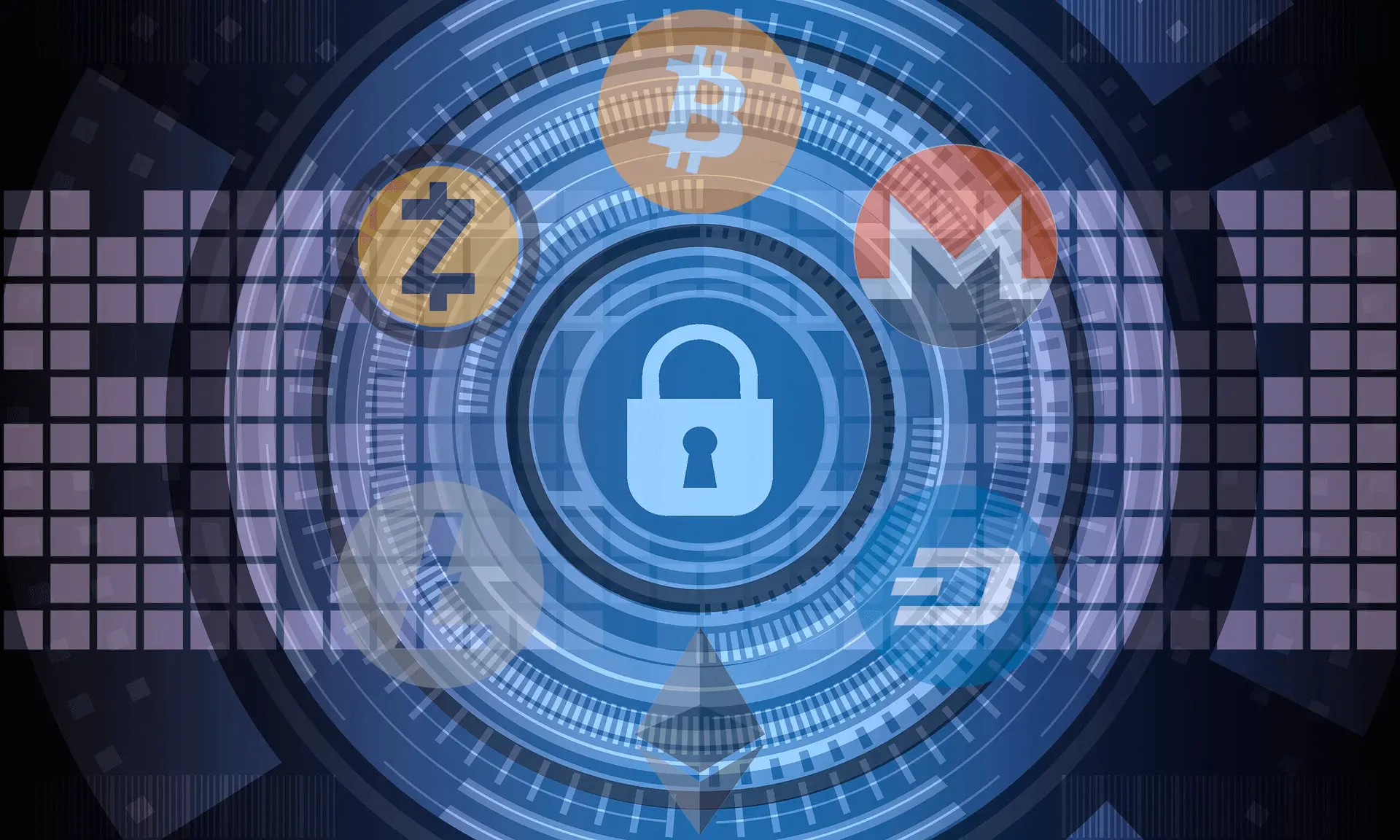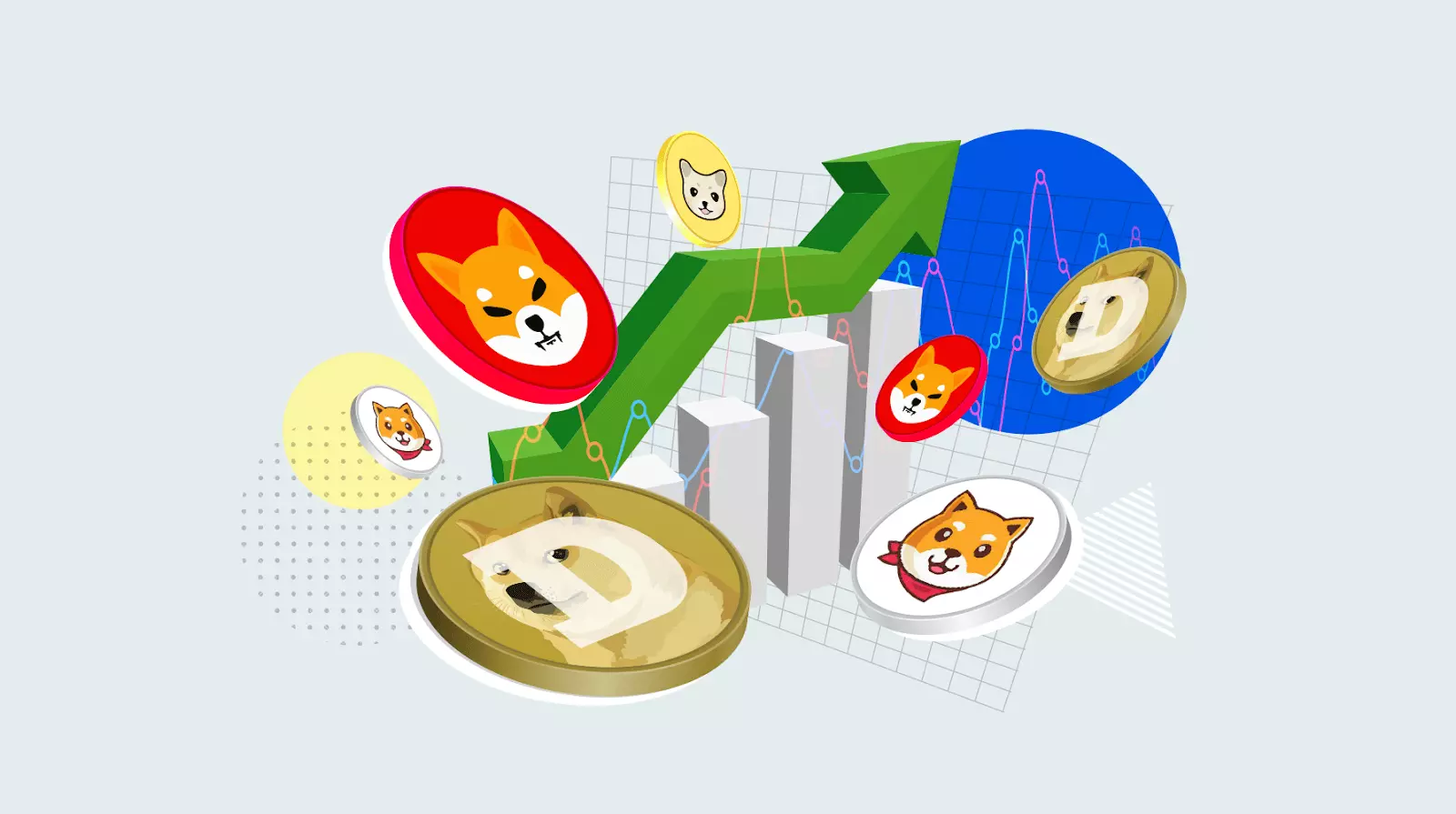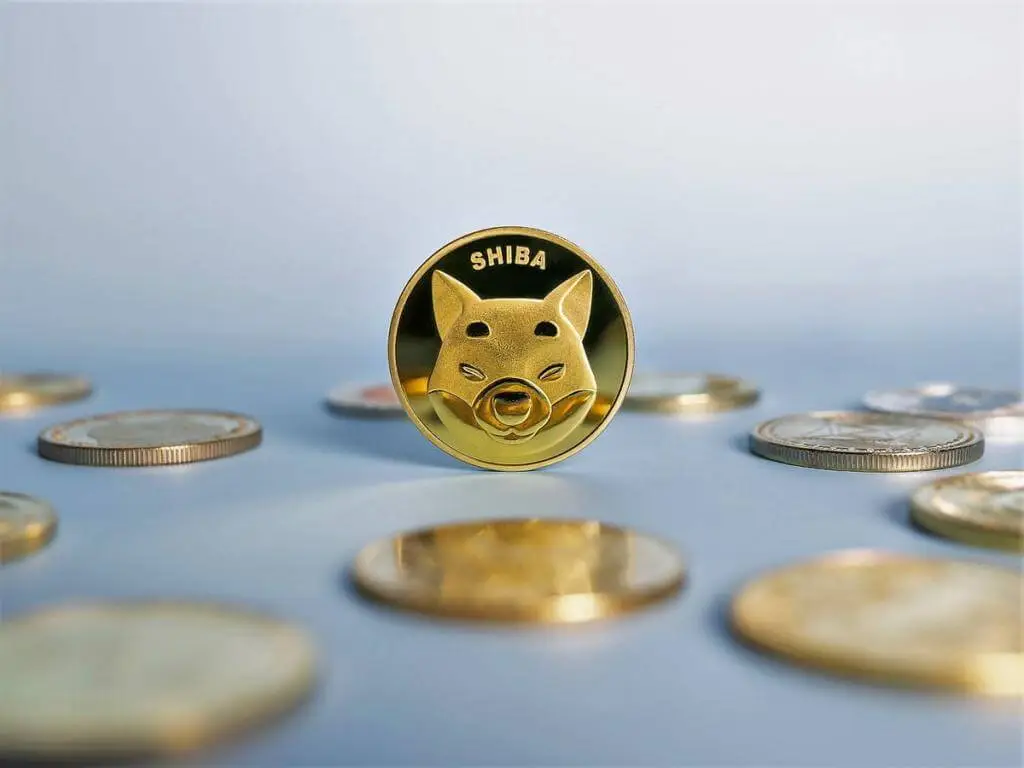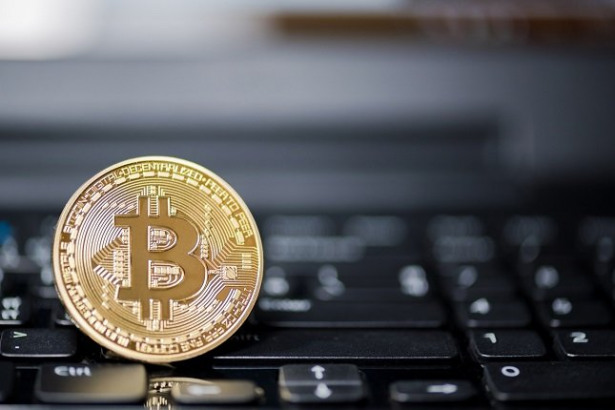In an era where data privacy is becoming a growing concern, the emergence of privacy coins in the cryptocurrency landscape has sparked discussions about the balance between transparency and confidentiality. As governments and corporations increasingly monitor and track financial transactions, privacy coins offer an alternative that prioritizes anonymity and user control. In this blog post, we will explore the significance of privacy coins, the challenges they face, and their role in safeguarding individual freedoms in a transparent world.
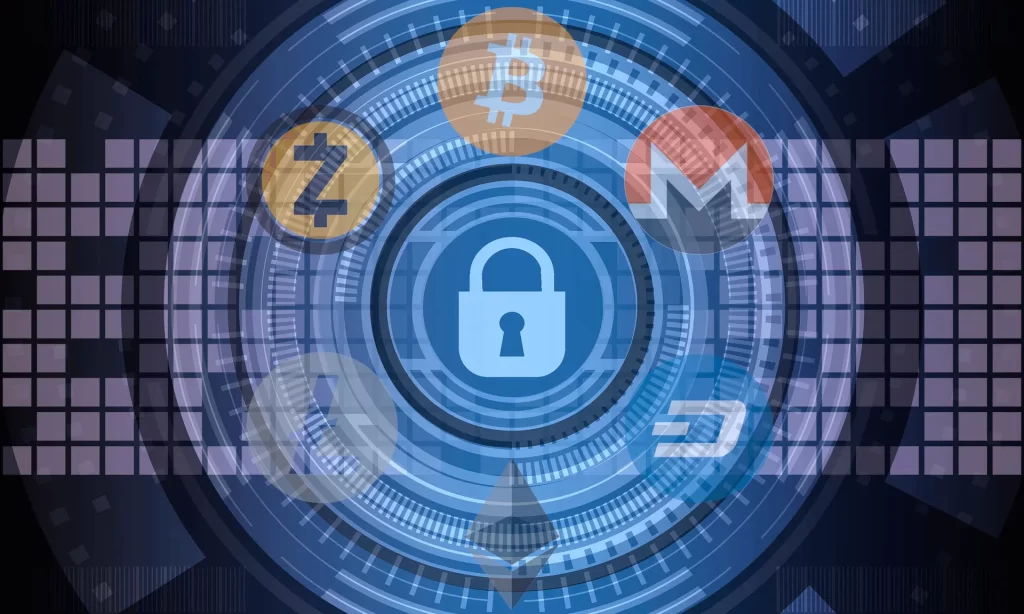
Content
Understanding Privacy Coins
Privacy coins are cryptocurrencies designed specifically to enhance the privacy of their users. Unlike traditional cryptocurrencies like Bitcoin, which operate on transparent ledgers where transaction details are publicly accessible, privacy coins utilize advanced cryptographic techniques to obscure transaction data. This means that details such as the sender’s and receiver’s addresses and the amount transferred are hidden from public view.
Some well-known privacy coins include:
- Monero (XMR): Renowned for its robust privacy features, Monero employs techniques like ring signatures and stealth addresses to ensure that transactions remain confidential.
- Zcash (ZEC): Zcash offers optional privacy features, allowing users to choose between transparent and shielded transactions. Shielded transactions use zero-knowledge proofs to keep transaction details private.
- Dash (DASH): While initially a fork of Bitcoin, Dash includes a privacy feature called CoinJoin, which mixes transactions to obscure the origins of funds.
The Importance of Privacy Coins
1. Preserving Financial Privacy
In an increasingly digital world, financial transactions are often subject to surveillance by various entities, including governments, financial institutions, and even third-party payment processors. Privacy coins empower users to maintain control over their financial information, ensuring that their transactions remain private and secure. This level of privacy is particularly important for individuals who may wish to protect their financial activities from prying eyes or potential misuse.
2. Safeguarding Against Censorship
In some regions, governments impose restrictions on financial transactions, limiting individuals’ ability to engage freely in commerce. Privacy coins provide a way to circumvent censorship by enabling users to transact without revealing their identities or intentions. This is especially critical in authoritarian regimes where dissenting voices may be silenced or persecuted for their financial activities.
3. Enhancing Personal Security
Privacy coins can enhance personal security by reducing the risk of targeted attacks or theft. When individuals’ financial transactions are visible to the public, they become potential targets for hackers or malicious actors. By using privacy coins, users can protect their wealth and maintain their safety in an environment where cybercrime is rampant.
4. Empowering Individuals and Fostering Financial Sovereignty
Privacy coins promote financial sovereignty by enabling users to manage their assets without relying on centralized institutions. This decentralization fosters a sense of empowerment and autonomy, allowing individuals to take control of their financial futures. In a world where traditional banking systems can impose restrictions or fees, privacy coins offer an alternative that aligns with the principles of financial freedom and self-determination.
Challenges Faced by Privacy Coins
Despite their importance, privacy coins face several challenges:
1. Regulatory Scrutiny
As governments grapple with the implications of cryptocurrencies, privacy coins have come under increased scrutiny due to concerns about their potential use in illicit activities, such as money laundering and tax evasion. Regulatory bodies worldwide are exploring ways to enforce compliance on privacy coin transactions, which could undermine their core principles of anonymity.
2. Technological Limitations
While privacy coins employ advanced cryptographic techniques, they are not immune to technological vulnerabilities. As hacking methods evolve, there is a constant race between privacy coin developers and malicious actors attempting to exploit weaknesses. Continuous innovation is crucial to maintaining the effectiveness of privacy features.
3. Public Perception and Stigma
Privacy coins often carry a stigma due to their association with illicit activities. This perception can hinder mainstream adoption and acceptance, making it challenging for privacy coins to gain traction in broader financial ecosystems. Education and awareness are vital to dispelling myths and highlighting the legitimate use cases for privacy coins.
The Future of Privacy Coins
As society becomes more aware of the importance of privacy in the digital age, the demand for privacy coins is likely to grow. The ongoing debate around data protection, surveillance, and individual rights will continue to shape the landscape for privacy-centric cryptocurrencies.
To thrive in this evolving environment, privacy coins must focus on:
- Compliance with Regulations: Balancing privacy features with regulatory compliance will be crucial for their acceptance. Engaging with regulators and developing solutions that meet legal requirements while preserving user privacy will be essential.
- Innovative Technology Development: Continued investment in research and development will help improve the security and usability of privacy coins, making them more appealing to mainstream users.
- Building Trust and Awareness: Efforts to educate the public about the legitimate use cases for privacy coins can help mitigate stigma and promote broader adoption.
Conclusion
In a world that increasingly prioritizes transparency, privacy coins serve as a vital tool for individuals seeking to protect their financial information and maintain control over their assets. By preserving financial privacy, safeguarding against censorship, enhancing personal security, and empowering individuals, privacy coins play a crucial role in upholding fundamental rights and freedoms.
As we move forward, the challenge will be to strike a balance between privacy and regulatory compliance, ensuring that the benefits of privacy coins are realized without compromising security or accountability. In doing so, we can foster a financial ecosystem that respects individual privacy while embracing the potential of digital currencies.

Michael is a cryptocurrency blogger who writes about the latest developments in blockchain technology. He has been blogging for over 4 years and his posts have been read by people from all around the world. His blog covers a wide range of topics, such as trading advice, new ICOs to invest in, and how blockchains can be used outside of cryptocurrencies. Michael also enjoys writing about more technical aspects of cryptocurrencies and blockchain technology.

